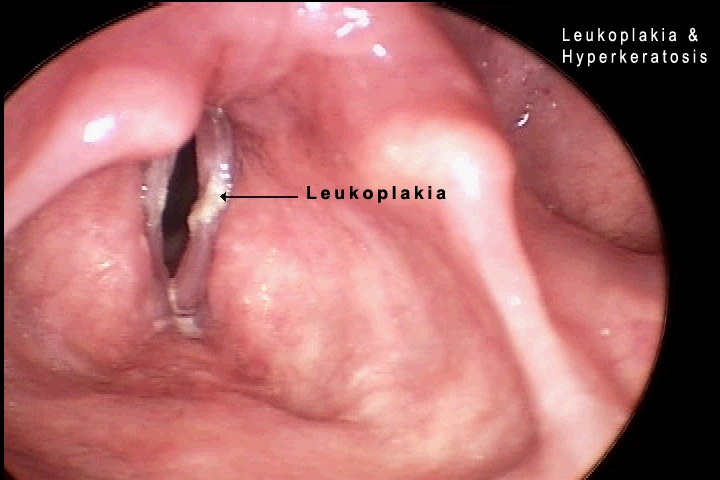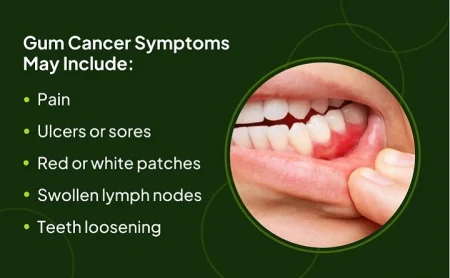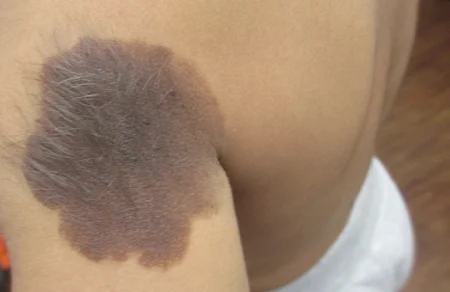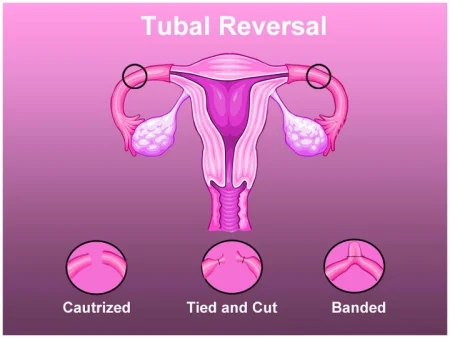Possibly one of the greatest things that you have is your voice. Your voice is what allows you to speak, sing, express emotion, and communicate with the world. There are some small changes, however, that actually occur within your vocal cords every so often that alter your voice. One of them is vocal cord leukoplakia.
This kind of medical term makes you shudder to hear. Don’t worry—We’re going to explain it in easy language. From this pamphlet, you will learn what vocal cord leukoplakia is, why it occurs, what to look out for, how physicians treat it, and what you can do to safeguard your voice.
What Is Vocal Cord Leukoplakia?
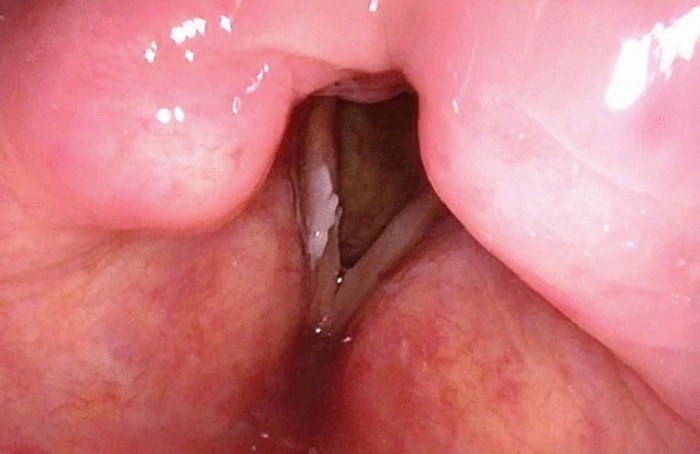
Vocal cord leukoplakia is having white spots on your vocal cords.
- “Leuko” is white.
- “Plakia” is a plaque or spot.
They are small spots that occur on the top of the vocal cords in the voice box (larynx). They are often very small or at times quite large. They can look harmless but need to be taken care of because they can get in the way of your voice and sometimes are associated with more serious issues.
Causes of Vocal Cord Leukoplakia
Physicians are not always certain why leukoplakia exists, but certain conditions make it more likely that it will occur:
- Smoking – Cigarettes, cigars, or other tobacco will cause the vocal cords to be inflamed.
- Alcohol – Excessive alcohol will damage the tissue and create leukoplakia.
- Acid reflux (GERD) – The stomach acid running backward up into the throat will cause the vocal cords to become inflamed.
- Vocal abuse – Sustained scream, yell, or singing will exhaust the cords.
- Infections – Chronic irritation or infection of the throat can be a causative factor.
- Idiopathic or undetermined causes – Leukoplakia can even be present without any discernible reasons in some individuals.
Symptoms of Vocal Cord Leukoplakia
Voice change is the most frequent symptom. Symptoms can be:
- Hoarseness (raspiness or harsh voice).
- Weak or breathy voice.
- Fatiguing voice.
- Straining to make high or low notes.
- Sensation of having something stuck in the throat.
- Discomfort or mild throat irritation.
Leukoplakia may not be giving any symptoms at times. That is the reason that it normally is diagnosed on an ear, nose, and throat (ENT) consult visit.
Is Leukoplakia of the Vocal Cords Dangerous?
Leukoplakia is mostly not cancerous. The worst part, though, is that sometimes it evolves into precancer or even cancer if ignored.
Physicians categorize leukoplakia into two:
- Benign (noncancerous): Only thickening, no cancer.
- Precancerous or cancerous: Cells exhibit early warning signs of out-of-control growth.
Since it is hard to distinguish by appearance, physicians will most likely order extra testing as precaution.
Diagnosis
If voice is to become a problem or white spots are observed, physicians will examine your vocal cords. Testing involves:
- Laryngoscopy – A narrow tube with a camera is placed down the throat to look at the vocal cords up close.
- Stroboscopy – The movement in which the vocal cords are vibrating is highlighted with a special light.
- Biopsy – A small piece of the patch is taken out and looked at under a microscope to see if it’s precancerous or cancerous.
These tests assist doctors in making a treatment plan.
Treatment of Vocal Cord Leukoplakia
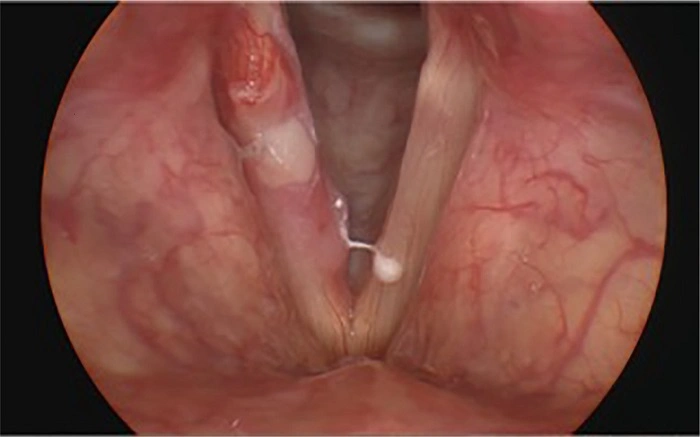
Treatment depends on the size of patches, symptoms, and biopsy. These include:
Watch and Wait
When patches are minute, benign, and harmless, the doctor may have them only checked from time to time with routine follow-up appointments.
Lifestyle Changes
- Stop smoking completely.
- Avoid alcohol.
- Medications and diet cure acid reflux.
- Rest the voice if strained.
Medication
Some doctors will then treat reflux, infection, or inflammation with medication.
Surgery
Surgery would be required in cases of large leukoplakia, precancerous growth, or extensive voice involvement.
- Microsurgery – The patches are excised by the physician under local anesthesia in a small surgical operation.
- Laser surgery – The use of lasers to remove patches cautiously.
Follow-up Regularly
Follow-up is still required after treatment. Leukoplakia could recur, and thus follow-up regularly diagnoses complications at an early stage.
Recovery After Treatment
After surgery or treatment, the patients typically need:
- Voice rest – No screaming or talking for a few days.
- Speech therapy – A speech-language pathologist can provide voice safe habits.
- Healthy habits – Don’t scream, drink fluids, and quit smoking.
Most of the patients are cured and regain their good voice.
Prevention Tips
You can reduce your risk of getting vocal cord leukoplakia by:
- Quitting smoking and not using second-hand smoke.
- Cutting down on alcohol.
- Avoiding acid reflux by eating small meals and avoiding spicy and fatty foods.
- Using a microphone instead of screaming when speaking to groups of people.
- Drinking a glass of water, limiting the use of caffeine.
- Resting voice if you feel strain.
Living With Vocal Cord Leukoplakia
Once you get leukoplakia of the vocal cord, keep in mind:
- It does not always indicate cancer.
- Treat early to prevent greater issues.
- You will likely require follow-up checks.
- Healthy living gets you as probable as you can to get better.
A majority of patients with leukoplakia live healthy normal lives following effective treatment.
Frequently Asked Questions
Vocal cord leukoplakia: a possible cancer precursor?
Yes, at times. Follow-up with an ENT physician is in order because of this.
Does leukoplakia hurt?
Not typically. Hoarseness, and not pain, is the most common symptom.
How quick is the return to normal after surgery?
Most recover within 1–2 weeks but voice rest and therapy will continue.
Is leukoplakia catchable in children?
It is rare in children and most often occurs in adult smokers.
Is the cessation of smoking beneficial?
Yes, recurrence is almost impossible and healing is achieved by cessation of smoking.
Vocal cord leukoplakia is a rather frightening-sounding condition, but if you catch it early, they can remove it quite well. The trick is not to ignore that your voice has altered or that you are having difficulties with your throat. If you have hoarseness that is going to persist, see a doctor.
By quitting smoking, managing reflux, and taking care of the voice, you can prevent leukoplakia or discontinue leukoplakia from reappearing. By proper care and follow-up visits, your voice will be maintained healthy, strong, and reliable for some additional years to follow.


